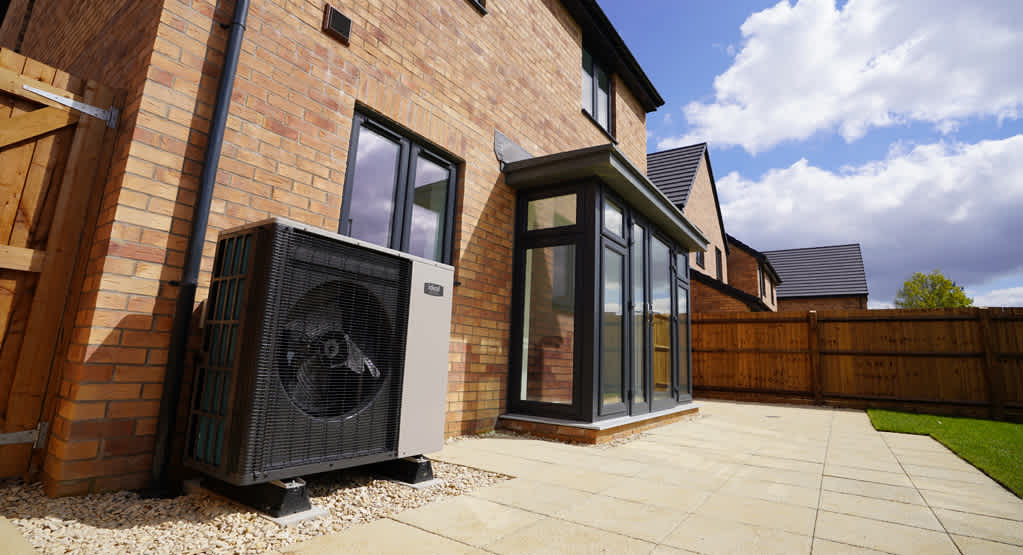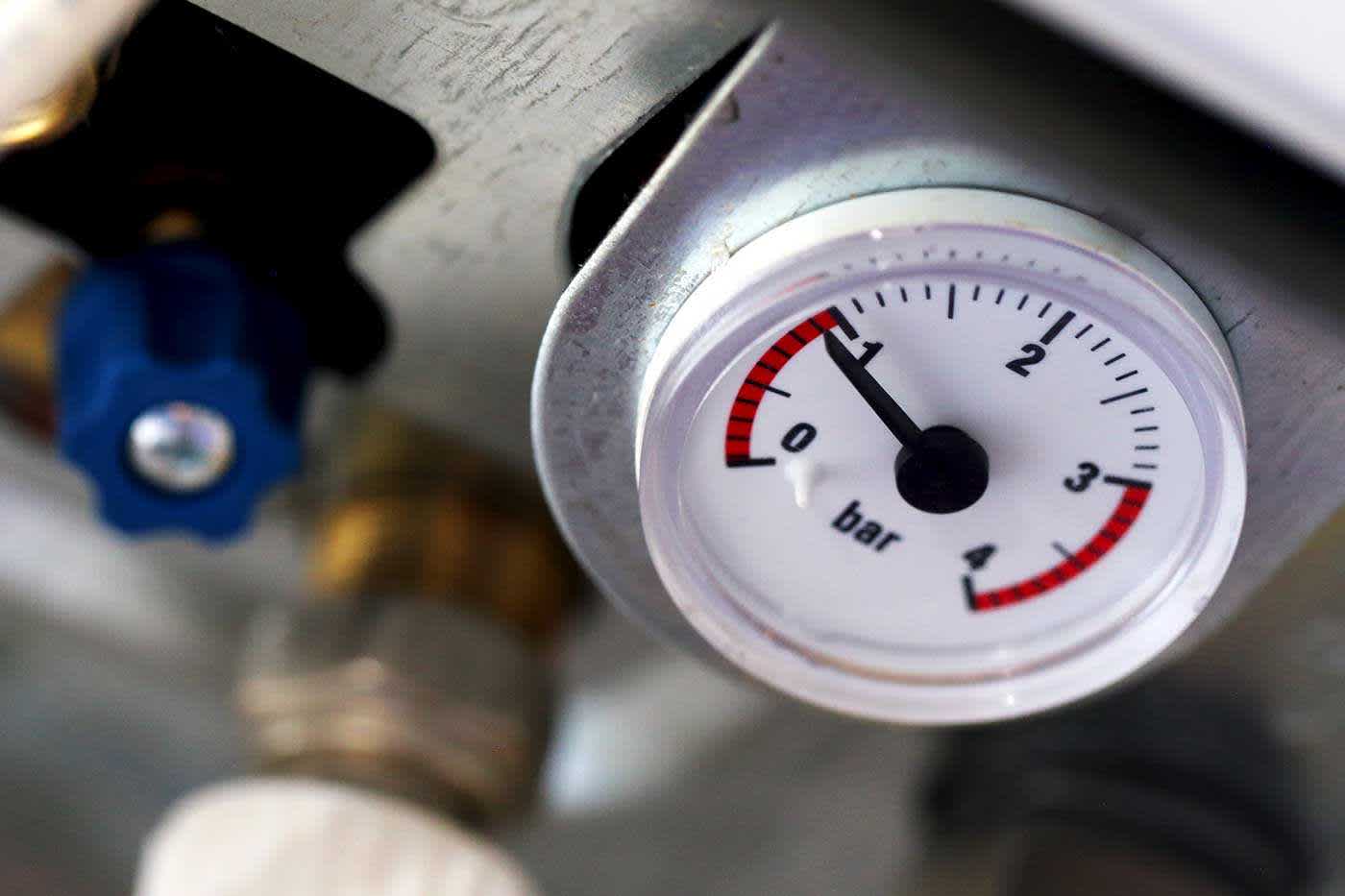
What are the benefits of Heat Pumps for installers?
As the demand for sustainable heating solutions grows, heat pump installations are becoming increasingly popular among UK homeowners. Understanding the advantages of heat pumps and their specific benefits is crucial for installers looking to meet this rising demand.
Air source heat pumps (ASHPs) provide energy-efficient heating and contribute to reducing carbon emissions, making them an eco-friendly choice.
In this guide, we will delve into the numerous benefits of heat pumps, address common concerns, and provide insights into the installation process to help you deliver optimal solutions to your customers.
What is an air source heat pump?
An air source heat pump (ASHP) is a renewable heating system that extracts heat from the outside air and transfers it into the home. This innovative technology absorbs warmth from the air, even in cold temperatures, and uses it to heat water for your customers’ central heating system.
For installers, understanding the nuances of installing a heat pump is crucial for ensuring optimal performance and customer satisfaction.
For further information, read our Expert guide to air source heat pumps.
What are the advantages of installing air source heat pumps?
Before advising your customers on the installation of a heat pump, it’s important to highlight the numerous advantages heat pumps offer:
Energy efficiency
Air source heat pumps are highly efficient, providing significantly more heat output than the electricity they consume. Many models offer up to 3-4 units of heat for every unit of electricity (300-400% efficiency). This efficiency far surpasses that of conventional fossil fuel heating systems, which typically offer 0.7-0.9 units of heat per unit of fuel (70-90% efficiency).
Sustainable heating
ASHPs harness heat from the air, a renewable resource, and can be powered by electricity generated from renewable sources. This makes them a sustainable choice for modern heating solutions.
Lower carbon emissions
Installing heat pumps can significantly reduce carbon emissions compared to traditional, fossil-fuel-powered heating systems. This is an essential consideration for environmentally conscious customers looking to reduce their carbon footprint.
Space requirements
ASHPs require much less space than ground-source and water-source heat pumps. This makes them a viable option for various property types, provided there is sufficient outdoor space for installation.
Want to know more about the advantages of heat pumps? Visit our blog on the Benefits of heat pumps.
Addressing common concerns about heat pumps
While the benefits of upgrading your home’s heating system to a heat pump are clear, it’s also important to address potential concerns customers might have about heat pumps:
Initial cost
The upfront cost of purchasing and installing an ASHP can be higher than traditional systems. Be sure to do your research on all the costs associated with heat pumps before you decide to invest in one or suggest one to a customer.
Understanding the grants available is crucial too as these can reduce the price significantly. For instance, up until the 31st of December 2027, people in England and Wales can get a grant of up to £7,500 via the Boiler Upgrade Scheme. Read our blog on heat pump costs to learn more.
Space requirements
ASHPs require outdoor space, which might not be suitable for all properties, such as flats. Additionally, adequate space for a hot water cylinder is necessary, with the requirements varying based on property size.
Heat pump installation considerations
What does installing a heat pump involve?
The installation of a heat pump involves several critical steps, including site assessment, proper sizing, and ensuring the unit is placed in an optimal location. Installers must also consider electrical connections and integration with existing heating systems.
Who can install heat pumps?
Only qualified professionals should install heat pumps. Proper installation is crucial for the efficiency, safety, and longevity of the system. Ensuring your team is certified and trained in heat pump technology is essential.
Benefits of air source heat pump training for installers and engineers
Investing in comprehensive training for installing air source heat pumps offers numerous benefits for installers and engineers. Proper training ensures that you are up-to-date with the latest installation techniques, safety protocols, and efficiency optimisation strategies.
Well-trained installers can provide better service, reduce installation errors, and enhance customer satisfaction. Additionally, training can help you stay ahead of industry regulations and standards, making your services more competitive in the market.
For more information on available training programmes, visit the Ideal Heating installers training page.
Future heat pump considerations
Will heat pumps be compulsory?
As Governments push towards more sustainable energy solutions, it’s possible that regulations may increasingly favour or require the installation of heat pumps in New Builds and renovations.
Is it worth installing a heat pump?
For most properties, the benefits of installing a heat pump, such as energy efficiency, sustainability, and lower carbon emissions, make it a worthwhile investment. Educating customers on these advantages can help them make informed decisions.
Discover more top tips over on the Ideal Heating blog or for further advice on choosing the best heating system, use our boiler selector tool.

















